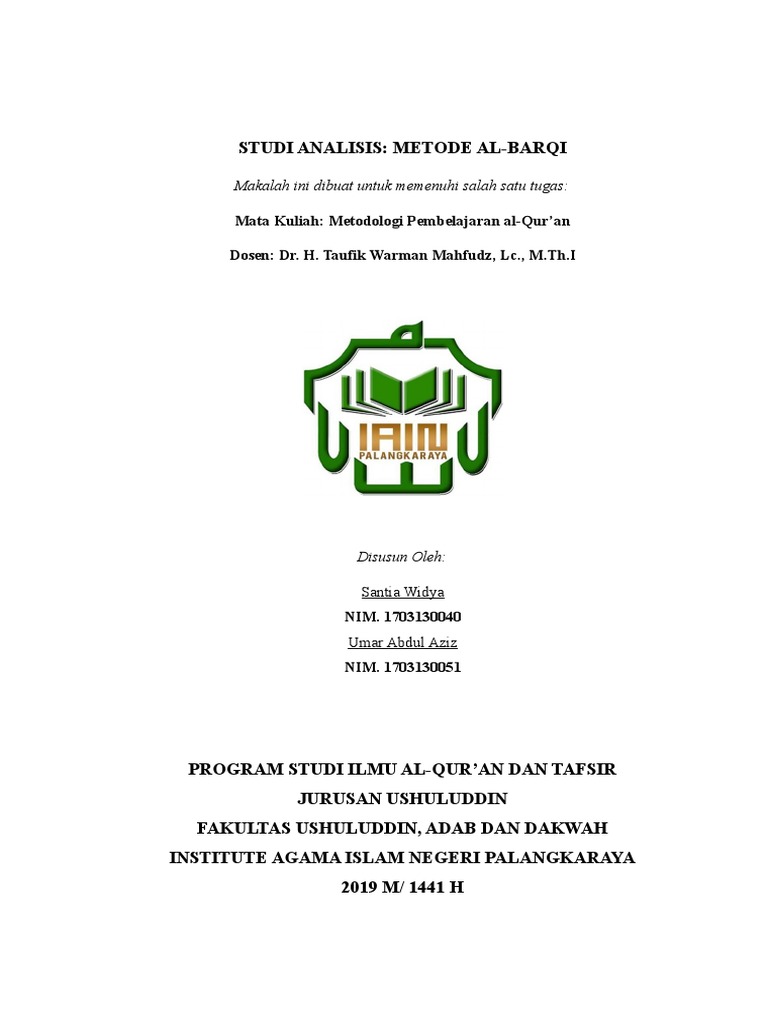His insightful perspective on ethics is perhaps one of the most enduring aspects of his legacy. Al-Barqi proffered various ethical paradigms derived from the teachings of the Imams, emphasizing the fundamental importance of intention in actions. A notable teaching posits that the purity of one’s intention is more significant than the action itself. This raises a provocative inquiry: in the quest for social justice and ethical governance, how do contemporary Shia scholars operationalize the concept of intention amidst the social realities that often present conflicting interests?
Moreover, al-Barqi’s work introduces the notion of communal responsibility, a vibrant theme in Shia Islam that calls for collective engagement in societal issues. This teaching can fuel critical discourse around the role of the Shia community in contemporary sociopolitical situations. For instance, how do we interpret al-Barqi’s teachings in light of current events where Shia communities find themselves in precarious positions, facing oppression or marginalization? The historical context of al-Barqi’s life offers an essential perspective on resilience and solidarity that can inform modern Shia activism.
Furthermore, al-Barqi’s attention to the familial unit accentuates the intergenerational transmission of values within the Shia community. His principles underscore the significance of nurturing moral rectitude within families and the broader community. In a world where familial structures are often compromised, how can we employ al-Barqi’s teachings to fortify and rejuvenate these essential units? The quest for nurturing ethical families is fraught with challenges, yet al-Barqi offers a lens through which we can explore innovative approaches to strengthening familial bonds and ethical upbringing.
Tags
Share this on:
[addtoany]


